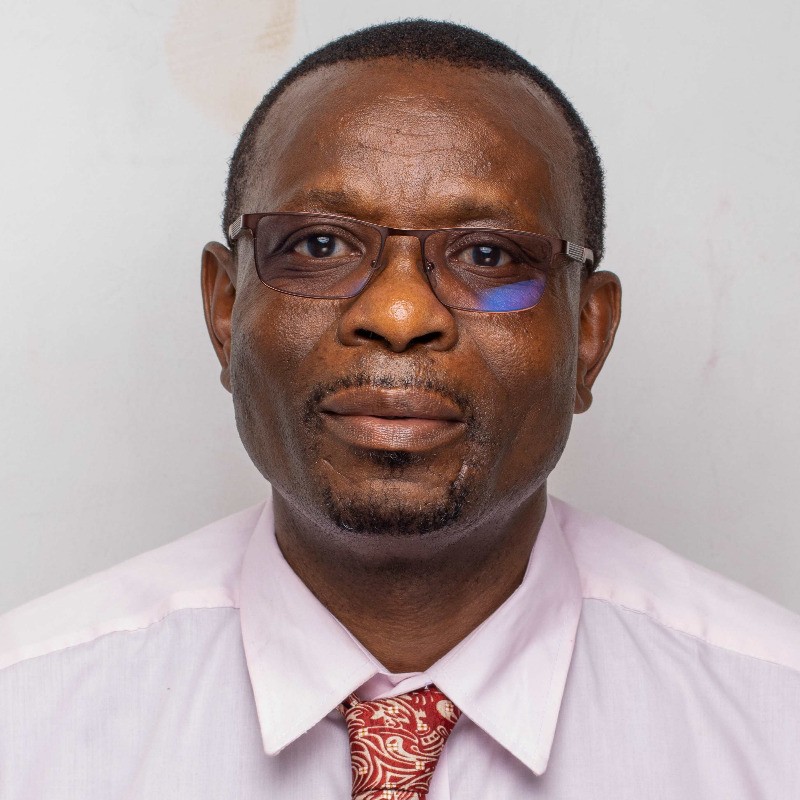BY EDWIN WANJAWA
To paraphrase John Cleese: Some people are too stupid to comprehend how stupid they are. Could this be what we are dealing with in our politics?
Watching our politicians over the years falling over themselves to expose their lack of knowledge, I couldn’t help but recall Darwin’s lamentation that ignorance more frequently begets confidence than does knowledge.
Nowhere is this truism such a true reflection of facts than in our body politic. Kenyan politicians have become my port of call when illustrating to my students the meaning of the idiom ‘the pot calling the kettle black’. Narcissists, like our politicians, are everywhere, making other people’s lives a misery.
Way back in 1999, and seized of this very same conundrum, psychologists David Dunning and Justin Kruger deliberated this scandalous illusory superiority. They penned the seminal paper, 'Unskilled and Unaware of It: How Difficulties in Recognising One’s Own Incompetence Lead to Inflated Self-Assessments.'
In the paper, they illustrated the tragicomedy of idiotic bank robber McArthur Wheeler, who conducted his heists in broad daylight, making no attempt to hide his identity. Why? Well he figured he didn’t need to. After all, he daubed his face with lemon juice, which, everybody should know, makes stuff invisible!
Like our politicians, Wheeler did not know what he did not know, and that’s the cognitive engine of what is today rued and ridiculed as the Dunning-Kruger effect. It describes what Dunning later called “the anosognosia of everyday life”; a cognitive foible in which people lack the self-awareness or intelligence to objectively estimate their own ability. Or, to paraphrase John Cleese: Some people are too stupid to comprehend how stupid they are. Could this be what we are dealing with in our politics?
Today, the dramatic development of social media has revolutionised how people share their knowledge, communicate and collaborate with each other. While using it for political news increases self-assessed knowledgeability, however, it does not necessarily increase objectively measurable knowledge, studies have found.
As such, the mere availability of political information online induces a sense of self-perceived knowledgeability, which risks resulting in an “illusion of knowledge”, where access to more information reduces correctness while simultaneously increasing self-confidence.
Consequently, an inflated self-confidence is more likely to occur among low-sophistication individuals, like the majority of our politicians. In other words, low-performers have a tendency to overestimate their own abilities. Not only is their level of performance low but also they are incapable of recognising it. This is dangerous.
Which brings me to the question, why do we as citizens tend to support politicians who make blatantly false statements? The reason is simple: People knowingly support falsehoods when it aligns with their personal politics.
Indeed, a lot of people's support for politicians who say things that aren't true isn't because they believe those statements per se, but they view that misinformation as supporting political goals they believe in. A big upshot of this is that fact-checkers aren’t always useful in fighting misinformation disseminated by politicians because people know it's not true, but they want it to be out there and it fits their agenda.
The typical Kenyan citizen holds politicians’ statements to different moral standards. They zealously apply them to politicians whom they oppose but conveniently suspend them when they perceive the politician to be engaged in demagogic fact-flouting to proclaim a deeper truth about their political grievances.
This is what researchers call moral flexibility. As Kenyans, we are so partisan that we shift our moral standards in evaluating politicians’ statements from our preferred and opposing candidates.
Moral flexibility may be the reason political misinformation can be effective. People are okay with politicians not telling the truth because they see it as morally justified, which is more concerning than if someone had tricked them into believing a statement.
When it comes to facts versus ‘truth’, it is surprising that people are perfectly comfortable articulating that they know that the statement wasn’t based on fact, but they think it should still be publicised because it is important for a political issue. Holding leaders to standards that align with democratic norms is key to fighting political misinformation.
“We, as citizens, should ask ourselves, is objective evidence important? Are facts important to us? And then hold our leaders to those standards. Ultimately, an important reason why misinformation gets out is because citizens condone it.
Today, politicians are straining to present
themselves as being in touch with the struggles ordinary people are facing. And
yet they don’t appear to be convincing anyone. In truth, if political leaders
seem lacking in understanding of what is happening to ordinary citizens, it may
be because they are. Having power and status has vitiated their ability to
interpret others and understand their lives.
Wanjawa teaches Globalisation and International Development at Pwani University and is a Programmes Associate at DTM, a media CSO


 © The Star 2024. All rights reserved
© The Star 2024. All rights reserved